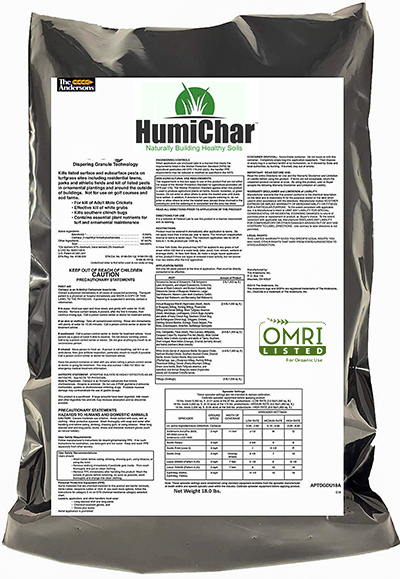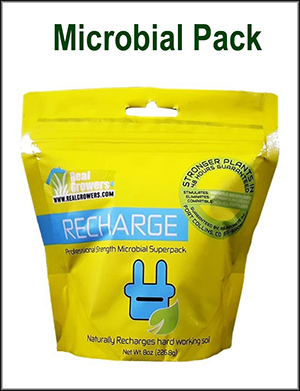Adding Biochar to Gardens and Plants
Doc shows how to add biochar to existing plants and gardens using a mix of HUMICHAR and Super Juice. Because HUMICHAR is micronized, it easily works down around the root zone of the plant. BIOCHAR must surround the root zone to benefit the plant. BIOCHAR also must be CHARGED, or pre-loaded, if being applied subsurface.
The results and benefits of using biochar in the garden and on plants improves year after year, but with this method you’ll see benefits and results within the first month or two.
Biochar Gardening Video
Product from the video
HUMICHAR can be used on lawns soil or garden soils.
NOTE: Limited supplies so keep checking back here.
Click the bag to check stock.
SUPER JUICE Spray Mix
MICROBIAL PACK for garden soils.
Cheap Organic Material
FOLLOW INSTRUCTIONS TO GET EXACT PRODUCT
#1 Click the bag below…
#2 In the product search box enter SKU → 507818999
#3 Add to your cart and buy for pickup at your location. This will HOLD the product for you since you PAID for it.
Examples of Biochar on Plants
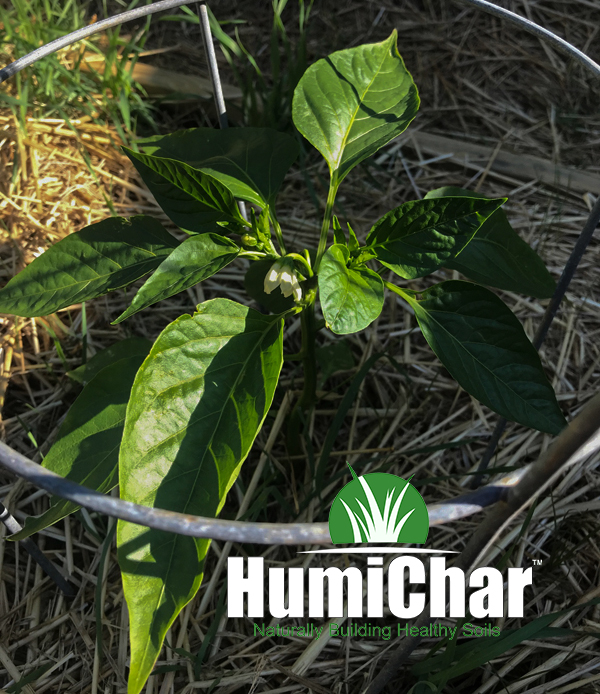
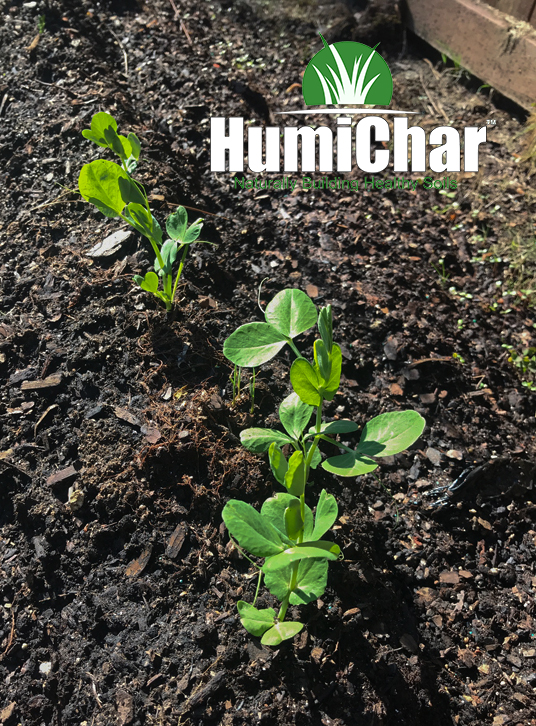
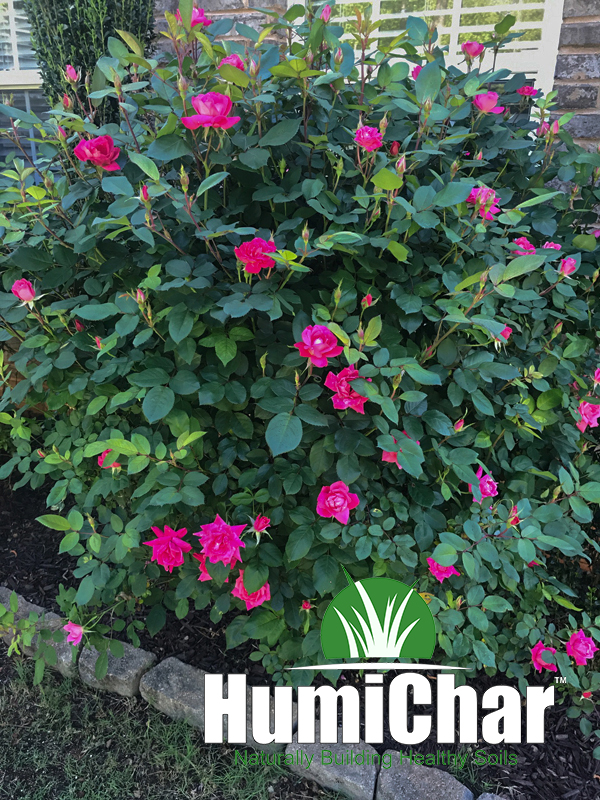
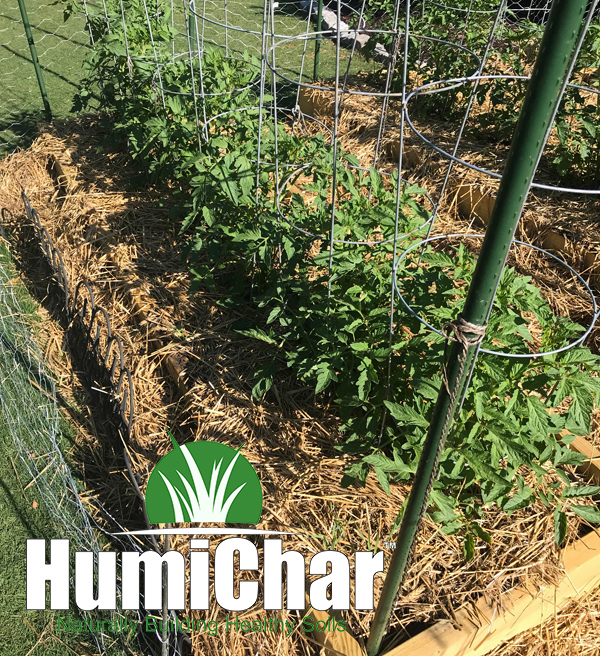
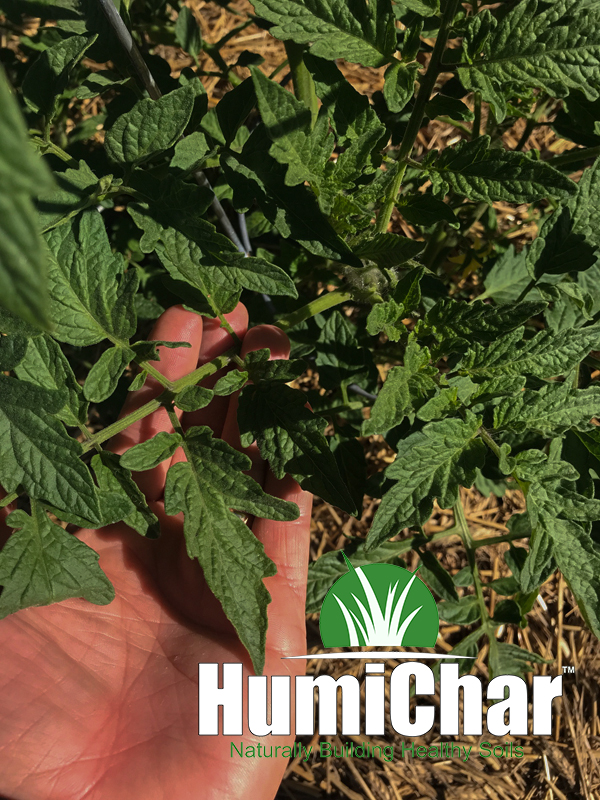
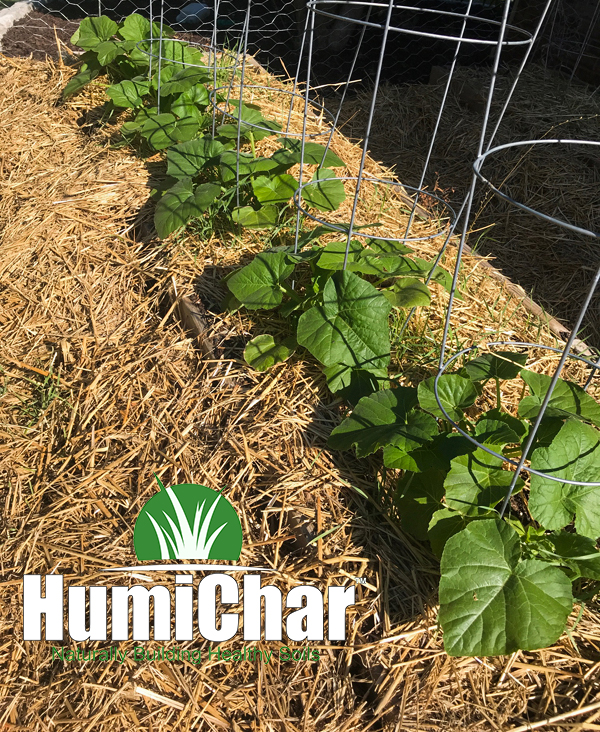
More Info on Biochar
Amending Soil with biochar is modeled after a process begun thousands of years ago in the Amazon Basin, where islands of rich, fertile soils called terra preta (dark earth) were created by indigenous people. Anthropologists speculate that cooking fires and kitchen debris along with deliberate placing of charcoal in the ground resulted in soils with high fertility and carbon content. These soils continue to “hold” carbon today and remain so nutrient rich that they have been dug up and sold as potting soil in Brazilian markets.
Soil’s Best Friend
Because of biochar’s physical and chemical nature, it has a unique ability for attracting and holding moisture, nutrients, and agrochemicals even retaining difficult to hold nutrients like nitrogen and phosphorous. Nitrogen tends to run-off regular soils, upsetting ecosystem balance in streams and riparian areas. Biochar also holds gasses; recent research has proven biochar enriched soils reduce carbon dioxide (CO2) and nitrous oxide (N2O) emissions by 50-80%. N2O is a significant greenhouse gas, 310 times more potent than CO2.
Reducing Fertilizer
Biochar reduces soil acidity decreasing liming needs but does not actually add nutrients. Because biochar attracts and holds soil nutrients, it reduces fertilizer requirements – something common organic matter cannot do. As a result, fertilization costs are minimized and fertilizer (organic or chemical) is retained in the soil for far longer. Chemical fertilizers are typically fossil-fuel based, thus biochar provides additional indirect climate change benefits by reducing fertilizer needs.
Biochar Studies
Research presented at a recent American Chemical Society annual meeting suggests that biochar plus chemical fertilizer yields increased growth of winter wheat and several vegetables by 25-50% compared to chemical fertilization alone. Soil Science Society of America experiments found that biochar supplemented with fertilizer outperformed fertilizer alone by 60%.


